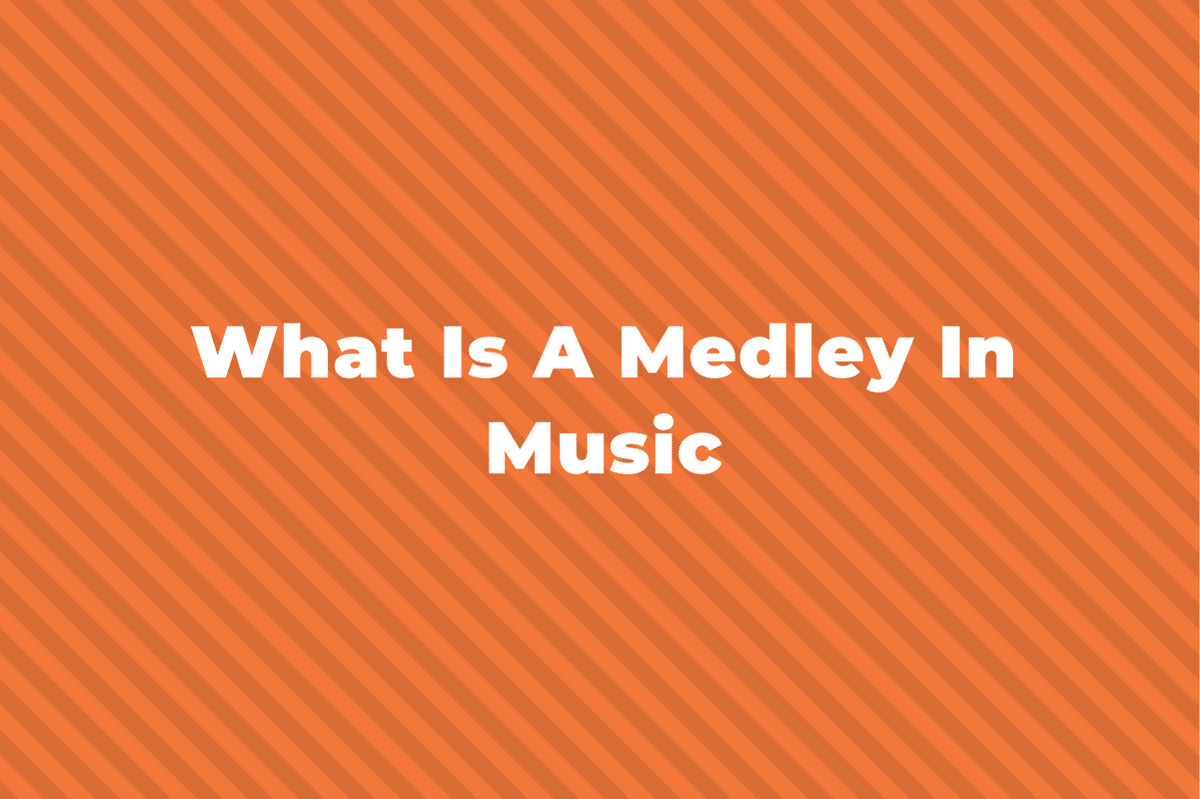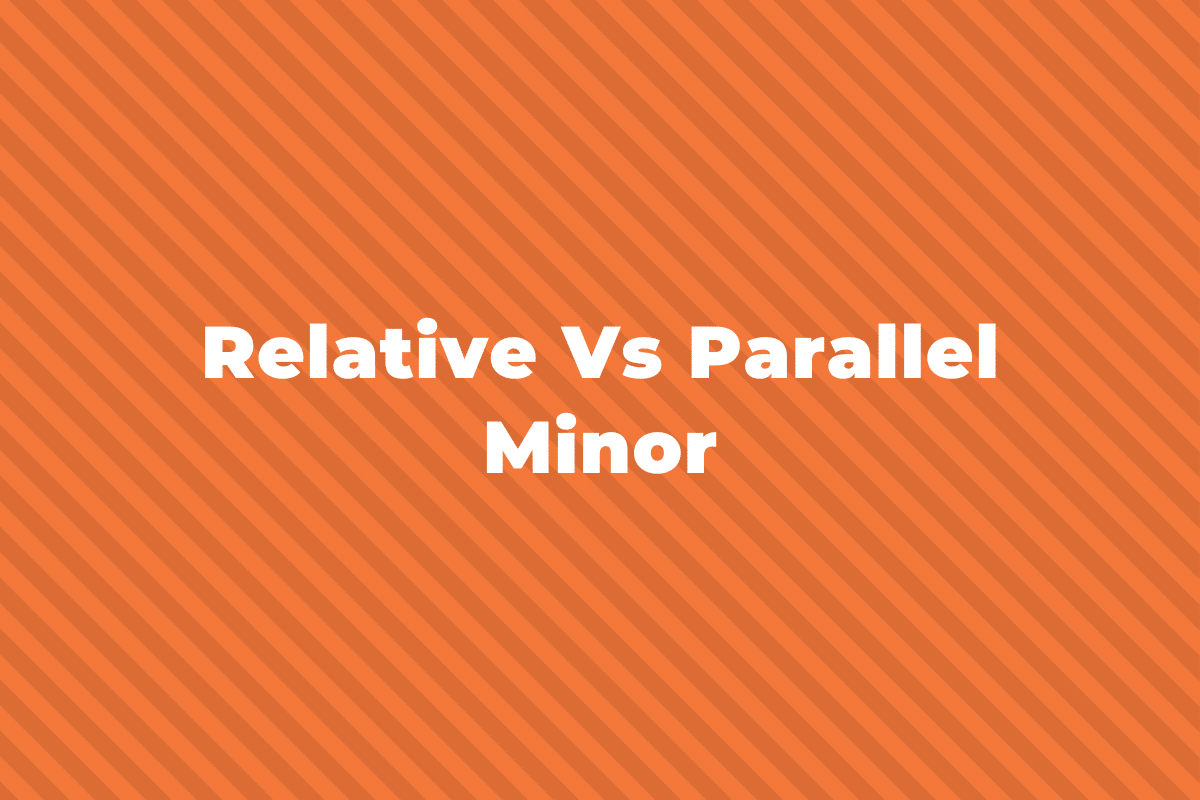You might have heard someone you know say they have Perfect Pitch or Relative Pitch. But what does each of these phrases mean? And what’s the difference between them?
This post will examine the difference between Relative and Perfect Pitch. First, however, what exactly is pitch?
What is Pitch in Music?
To make music, you either sing or play an instrument to produce a note.
This note is basically a group of sound waves that are produced by the instrument or your voice, and they each have a specific frequency.
Pitch is the term we use to measure that frequency.
The specifics get very technical, but in general every note has a pitch, and pitch is how we tell if a note sounds “high” or “low”.
A note with a low pitch sounds deep and rumbling, and a note with a high pitch sounds shrill or piercing.
What is Perfect Pitch?
The terms Perfect Pitch and Relative Pitch are used to talk about a person’s ability to identify and reproduce a pitch, rather than the pitch of a note itself.
With Perfect Pitch, which is also known as Absolute Pitch, a person can identify and name a note perfectly in their head and recreate it perfectly by singing, all without using a reference tone.
This means they don’t think of what other notes the pitch is related to, or an interval from a set tone that they know already.
Here is an example of a Perfect Pitch test:
Someone with Perfect Pitch hears those notes and knows what they are immediately.
There are 5 abilities that someone with Perfect Pitch has one or all of:
- Ability to name individual notes (such as in the video above – A, B, C#, Eb, etc.)
- Ability to name the key of any piece of music, provided it has a key – e.g. “Thinking out Loud” by Ed Sheeran is in the key of D Maj
- Identify all the notes of a chord or group of pitches
- Sing a note off the top of their head
- Name the pitches of random, nonmusical sounds like car horns and doorbells
What is Relative Pitch?
Relative Pitch is in some ways similar to Perfect Pitch, but someone with relative pitch can only identify and reproduce notes with the help of a reference tone.
This means they need to have a specific note in their head already – for example, Middle C – and then when they hear a note they don’t know they can figure it out based on how it relates to the previous note.
For example, is it higher-pitched or lower-pitched, is it close (only 2 or 3 semitones away) or far away (8 or 9 semitones away), is it an octave higher or lower? Then they can tell what the note is.
People with Relative Pitch usually have one or all of the following three abilities:
- Figure out the distance from a musical note to a fixed point of reference – e.g. “The F below Middle C”
- Identify the interval between two or more given notes
- The ability to sing a melody by knowing the distance between a note and the note before it
What’s the Difference?
The main difference between Perfect Pitch and Relative Pitch can be seen if you’re singing with a group of friends.
The one with Perfect Pitch could say “Let’s start this song in F” and start singing a melody perfectly on the note F.
The friend with Relative Pitch then would be good at harmonizing with the melody, or adding notes above or below it to make it sound more interesting.
A person would Perfect Pitch would know the first note of Elvis’ “Can’t Help Falling in Love With You” is a D, and the person with Relative Pitch would know that the next note is an A because it is a Perfect 5th above the first note (D ⇨ A is a Perfect 5th).
Perfect Pitch is also a lot rarer – many trained musicians have Relative Pitch, and some can even train to get such good Relative Pitch that it sounds like they have Perfect Pitch.
However, only about 4% of musicians are known to have actually Perfect Pitch.
However, having one, both, or neither doesn’t help or hinder your musical ability.
Summing Up
So that’s the difference between Perfect and Relative Pitch!
One can hear a note as it is or pluck it out of thin air to sing it, and the other can do essentially the same thing but first needs a reference tone.
We hope this article helped you learn the difference between the two, and let us know if you have any comments or questions.



